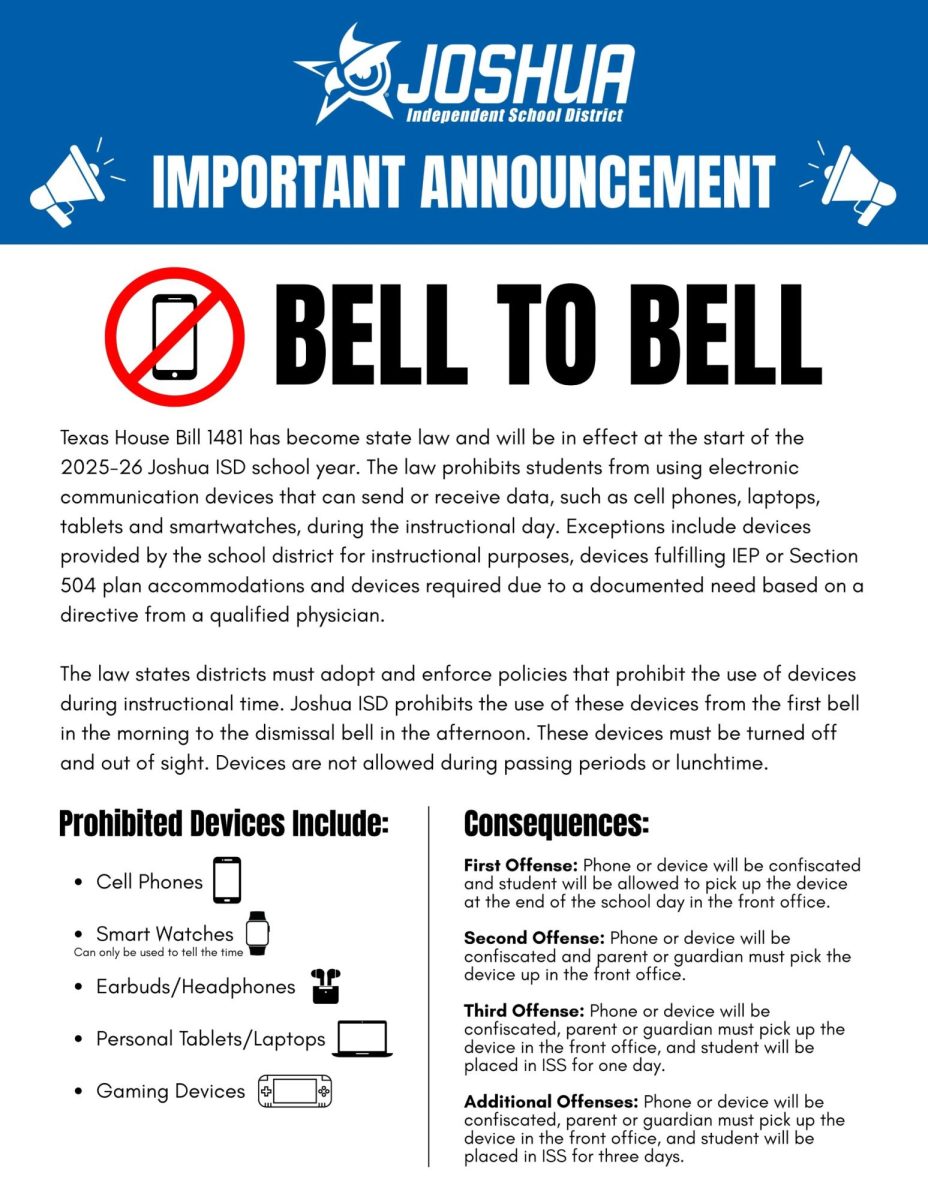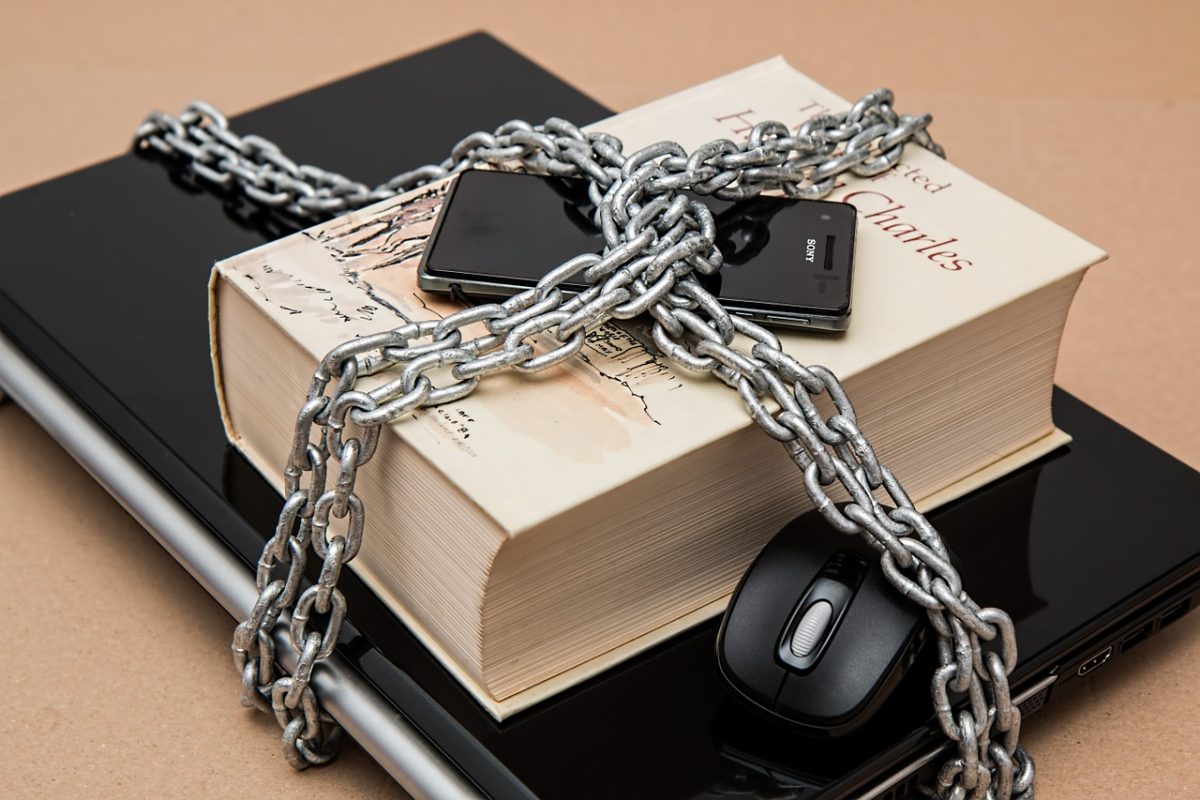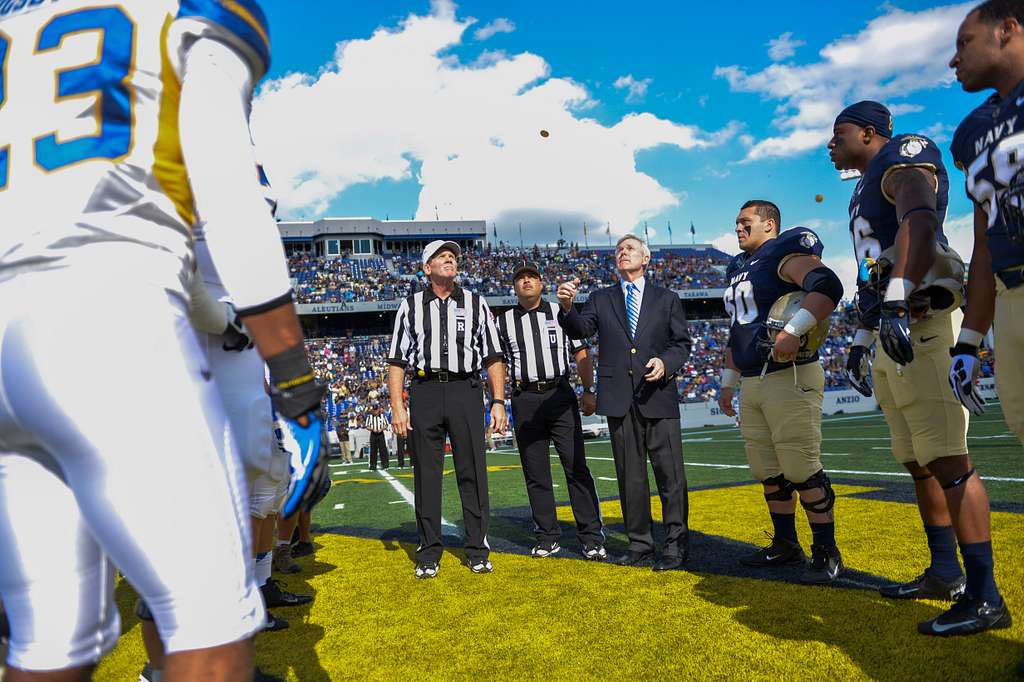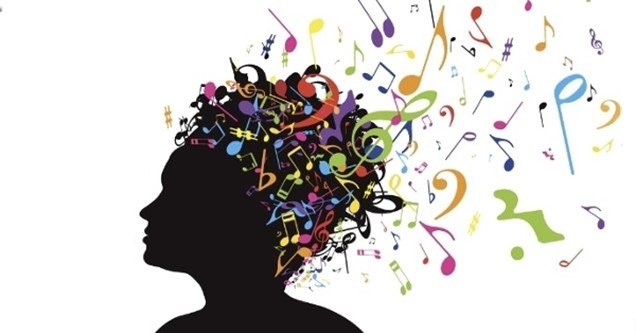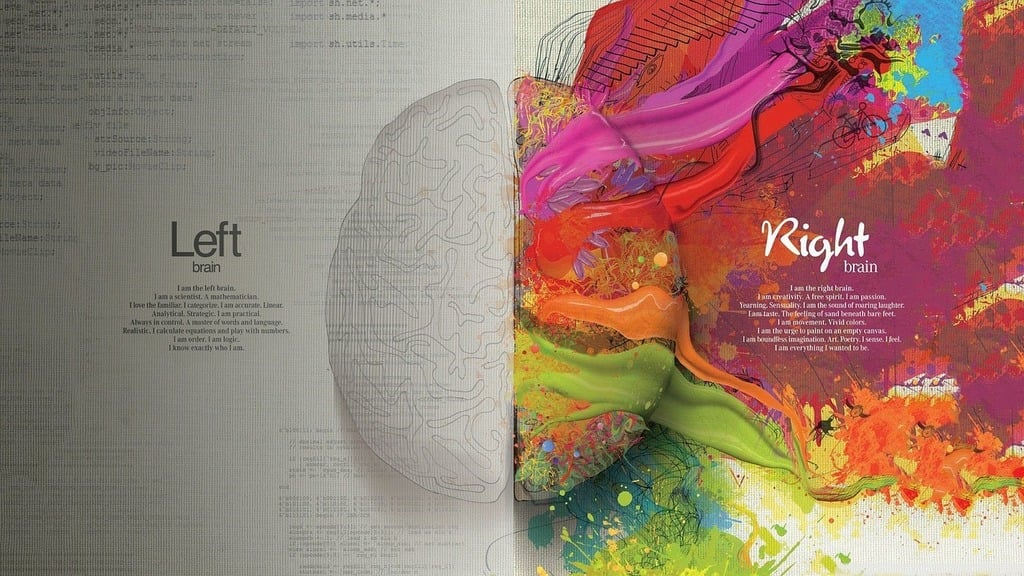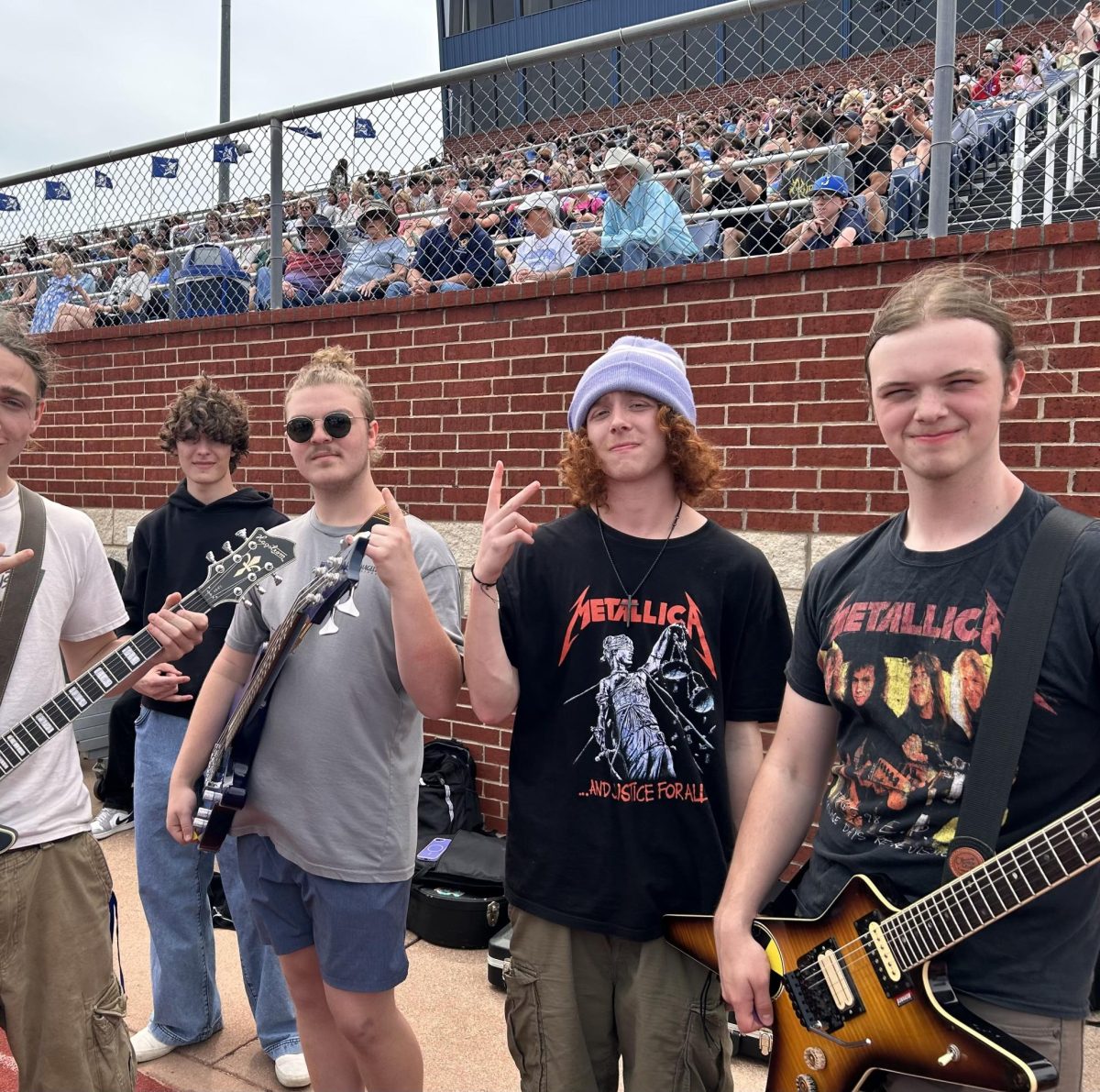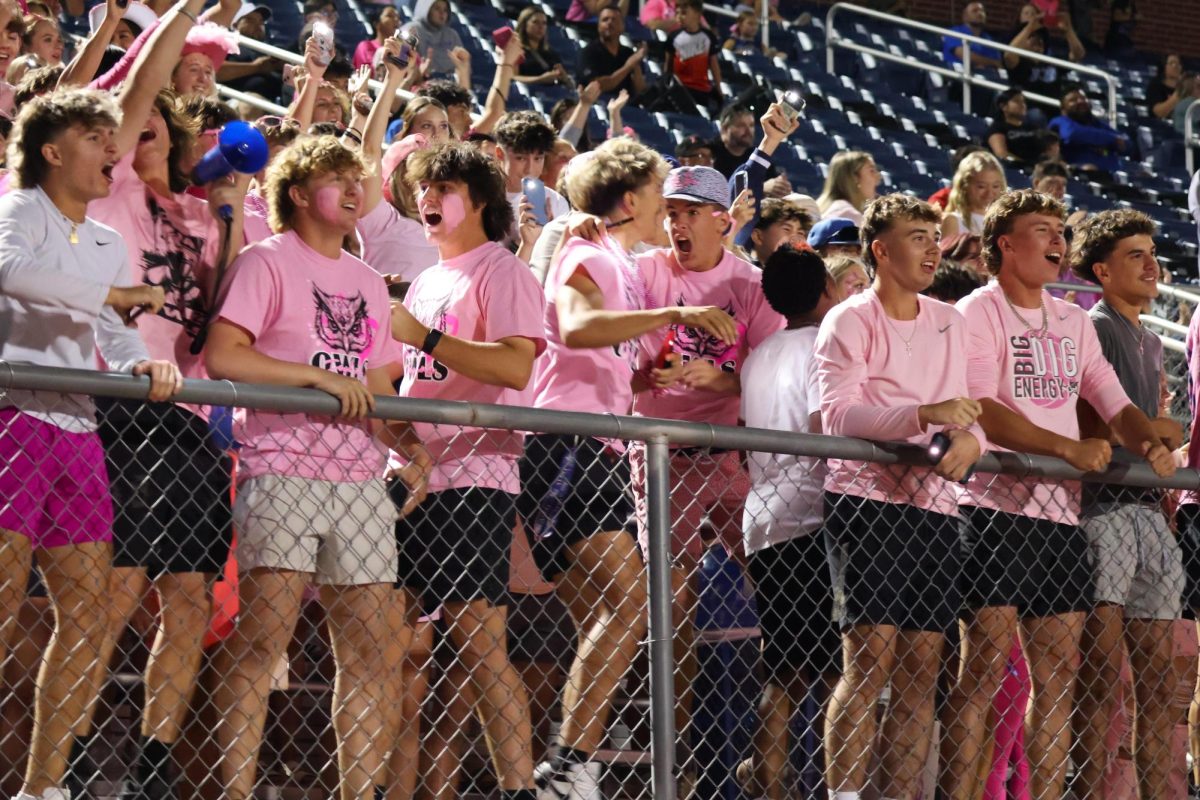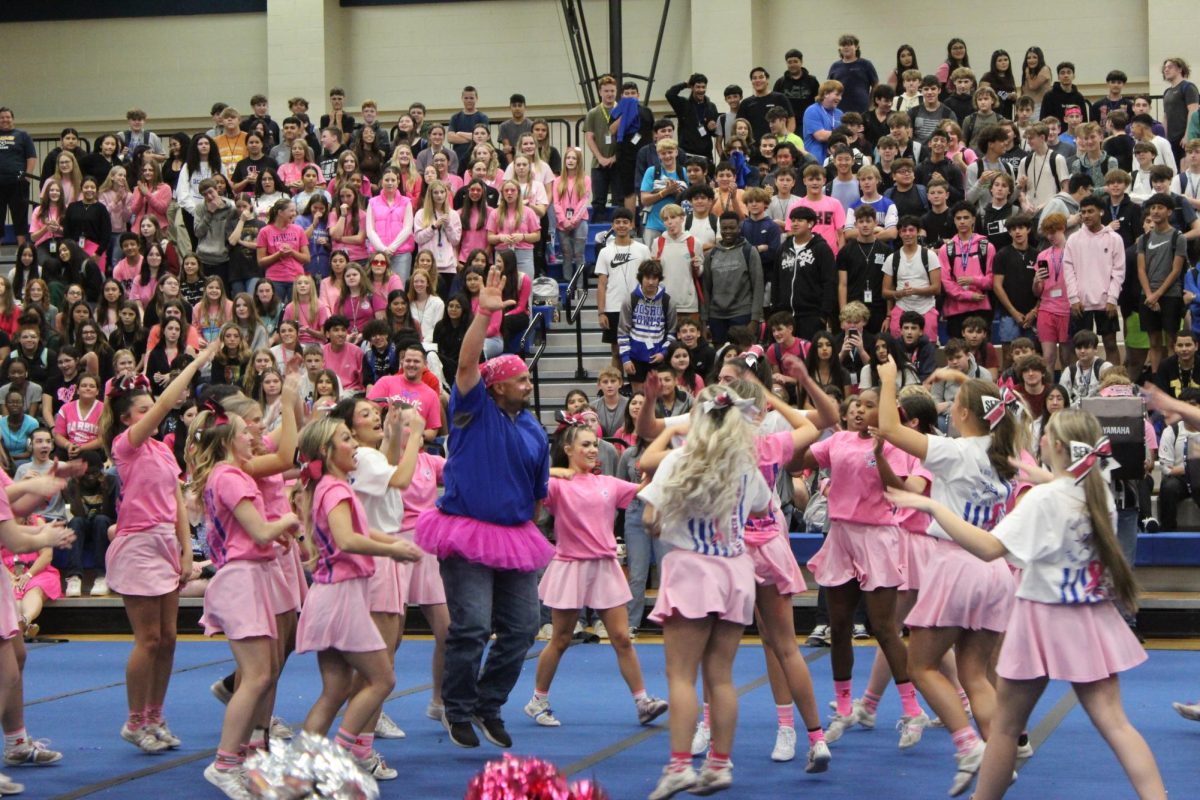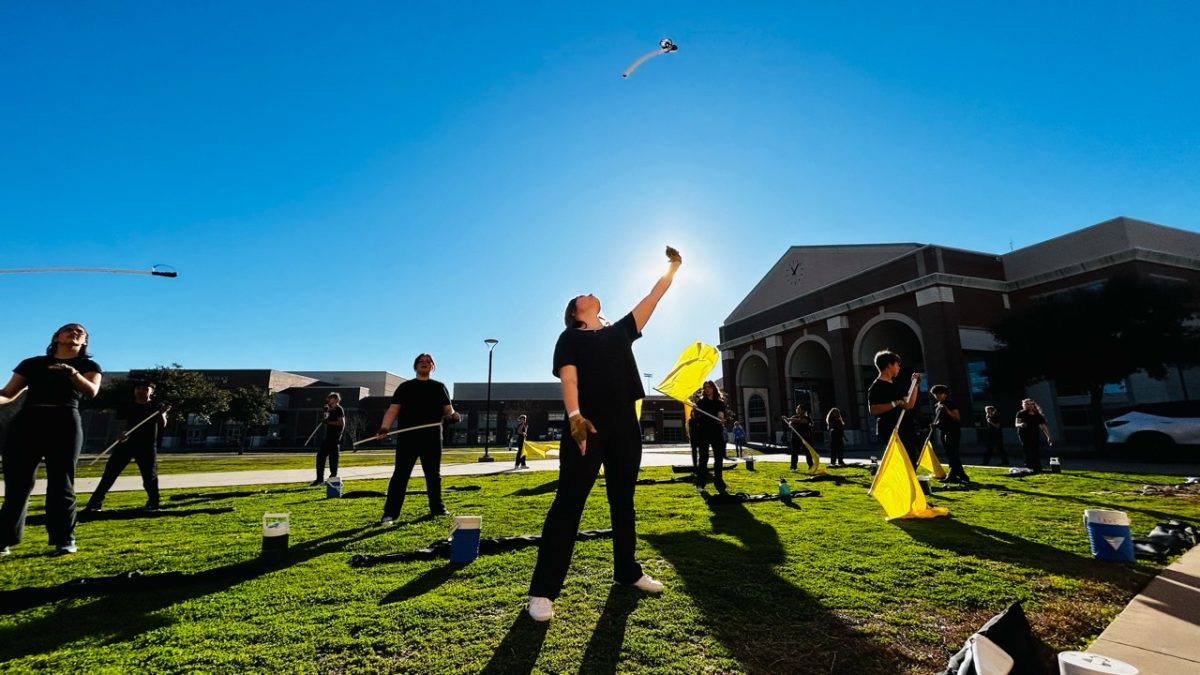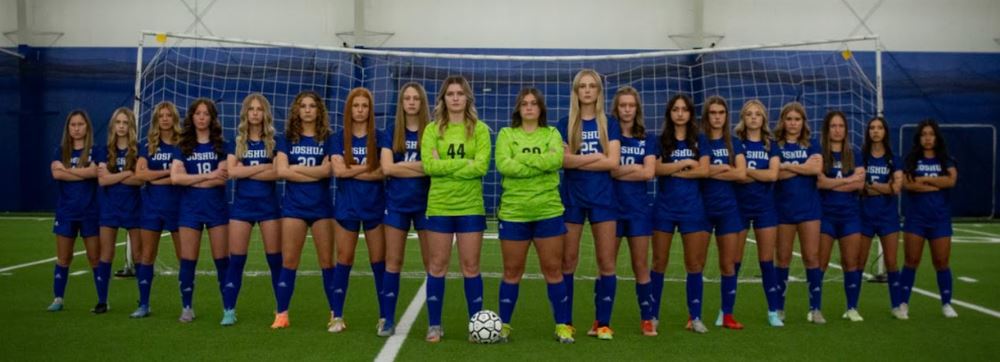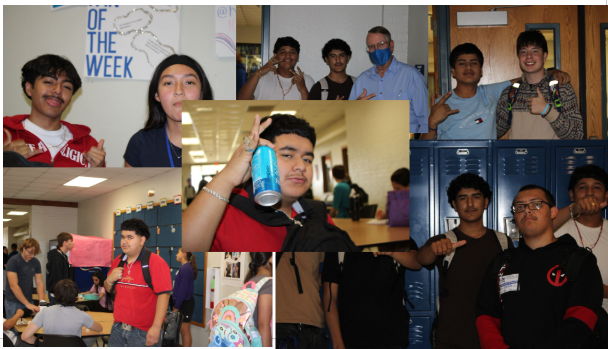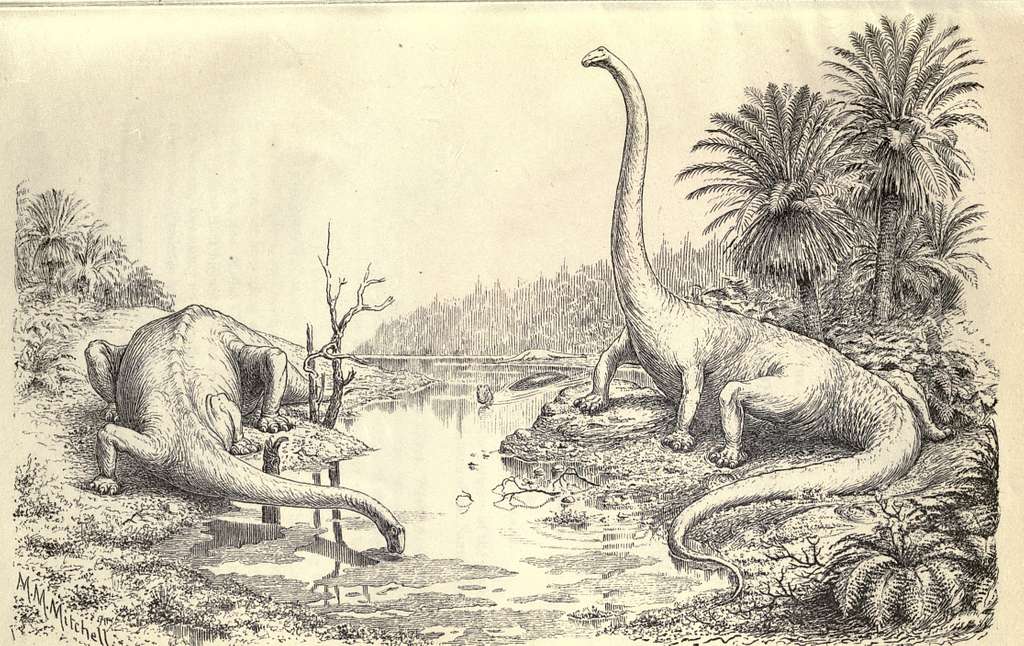Few ideas are more closely tied to the American identity than freedom of expression. The First Amendment, ratified in 1791, enshrined the right to free speech and a free press as foundational to democracy. Yet censorship in the United States tells a more complicated story—one in which censorship has consistently risen, fallen, and evolved within the nation’s political, cultural, and technological shifts.
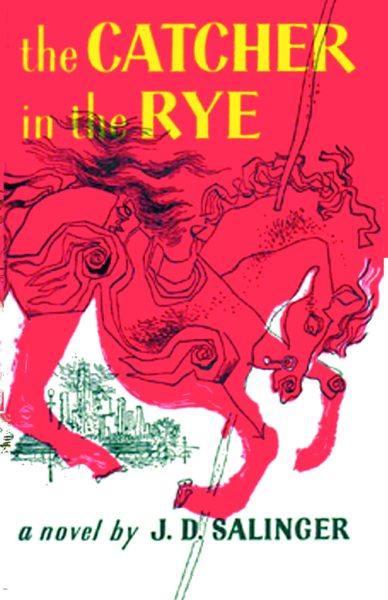
Censorship in America existed long before the digital age. The Alien and Sedition Acts of 1798 punished criticism of the government, while Lincoln suppressed newspapers during the Civil War. The Comstock Laws in the late 1800s banned “obscene” materials, and during World War I the Espionage and Sedition Acts targeted anti-war speech. Later, McCarthy-era blacklists silenced suspected communists, and by the 1960s books like Catcher in the Rye faced frequent bans in schools.
Today, censorship debates have shifted from government to digital platforms. Questions of who gets to regulate speech—tech companies, federal agencies, or the public—have become central. Issues like misinformation, hate speech, and content moderation echo older struggles over obscenity and sedition but on an unprecedented scale.
Recently though, censorship takes a new role. It is an issue that has taken over the world and people are divided on censorship: some see it as necessary to curb hate speech, misinformation, and harmful content, while others view it as a threat to free expression and an overreach of government or tech companies. This threat is seen to possibly cause more harm than good for society.
“In my personal opinion, I believe heavy censorship, as in too much censorship, does more harm than good,” senior Brian McCormick said. “Whenever something is censored to an extreme degree, it can bring out curiosity in people, especially kids and young adults, that can lead to a life of hiding themselves and always trying to get around and be able to access restricted material.”
The main intention for governments around the world who seek censorship, is usually to protect children. This can lead to worse consequences, especially for those who aren’t children but have found themselves just as affected. An example of this is the Online Safety Act that has recently been passed in the United Kingdom. This new law has put an abundance of new restrictions and security measures on online users. Establishments like Spotify, Microsoft, and Google are all being required to verify their users’ age when making new accounts. If these accounts are verified with a government identification card, and they are 18 or older, they have free reign to enjoy content as they please. But if they do not verify their age, or they are younger than 18, these accounts, new or existing, are at risk for deletion or a full IP ban from the site. A large number of citizens in the UK are protesting against the new act, claiming that it is an infringement of their rights. Meanwhile, citizens in the United States are concerned that this act, and its consequences, will make its way over to the States.
“This act is a pointless use of power. The establishments stated have no need to be censored. Music is for everyone right? It’s one of the only things that every culture has,” sophomore Makenna Lee said. “It is an abuse of power that isn’t needed. We know what’s right and wrong, we just sometimes blur the lines. But that is for us to learn and grow.”
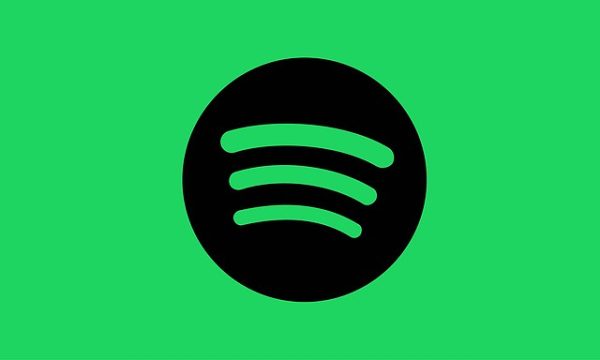
Others, however, view this censorship act as possibly beneficial for children and their protection from potentially harmful and explicit material.
“I think a LOT should be censored for children. Unfortunately, the majority of information on the internet should be censored for children. More often than not, [today] the daily news should be censored for children,” senior English teacher Ms. Zachry said. “In 1986 the case of Bethel School District v. Fraser held that public schools have the right to prohibit the use of vulgar and offensive language – this is censorship, but for the good of children.”
In recent cases, censorship is slowly seeping itself into the lives of adults too. Recently, payment processors like Visa, Mastercard, and PayPal have been facing intense scrutiny over their new rules on online content censorship. Major video game retailers like Steam, Itch.io, and soon to be Microsoft are being pressured by payment processors to remove or restrict access to certain content on their sites, particularly those with mature content. When these regulations were first drafted, it was intended to only be for sexually explicit games. Now, payment processors are blocking games that involve violence, abuse of any kind, and mature language. This creates a scenario where payment processors, rather than the platforms or content creators, effectively control what content is available, raising concerns about free speech and censorship.
“I believe this will have a negative long term effect on citizens. The reason I think this is as follows: whenever people are limited from buying material from, something such as their bank or payment processor, they will erupt into chaos,” McCormick said. “I think this is completely unnecessary. Unless the material is genuinely horrible and supports extremely bad topics, such as really nasty explicit material, then there is really no need. “
Lastly, perhaps the most argued and fought censorship is book bans. Book bans have quickly become a rising topic within school districts, public libraries, and bookstores over the last few years. In 2023 alone, there were over 10,000 books banned from shelves across the countries in schools and federally funded libraries. Books like 1984 by George Orwell, The Color Purple by Alice Walker, and To Kill A Mockingbird by Harper Lee are just a few of the books banned in recent years. These books, as well as a large onslaught of other classic books, are being banned or challenged due to their material. It has gotten to the point where it has affected local school districts. Teachers in the Fort Worth Independent School District are now having to get books approved that they keep in their own personal libraries. Often stemming from concerns about their content and its potential impact on readers, particularly children, topics such as race, gender/sexual identity, sexual abuse, and offensive language are all under fire for being available. While the intent to protect young readers may be positive, some view it as blatant censorship of classic literature or educational reading. Those opposing book bans are claiming that those in charge of these bans are trying to censor certain topics and change the narrative for readers across states.
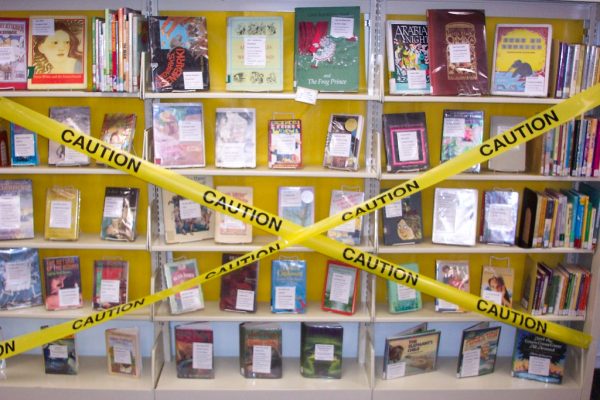
“I believe the book bans are harmful, one hundred percent. It happened once, who’s to say it won’t again? In order to learn from the past, you need to read the works of art. These books may have sensitive topics, but the world is much worse. The things I’ve seen on the news aren’t even the same level as in books,” Lee said. “Limiting books is limiting expression. As a writer, my books are my voice. The unsaid things often do the most damage. We need that in this time period.”
The history of censorship in America reveals not a straight line toward greater freedom but an ongoing negotiation. From the Alien and Sedition Acts to Facebook’s moderation policies, the boundaries of expression continue to shift with each generation. What remains constant is the tension between protecting liberty and defining its limits—a debate that may never be settled but continues to shape the American experience.
“I do understand the desire to censor hate speech, incitements to violence, and things that infringe on vulnerable groups,” World History teacher Mr. McGaughey said. “But [when] there is censorship of dissenting opinion, good or bad, you then live in an echo chamber that allows for radicalization and extremism.”


